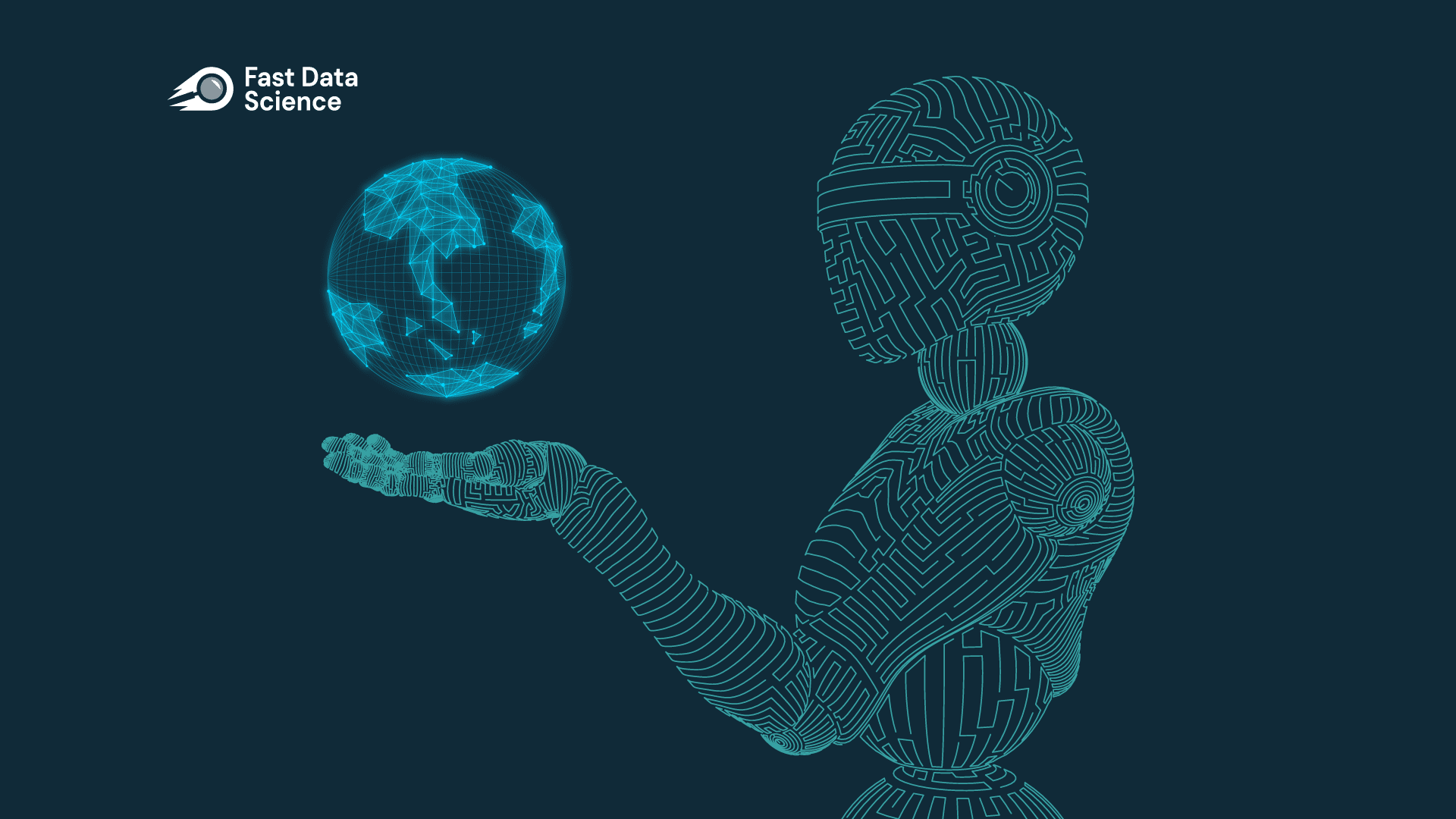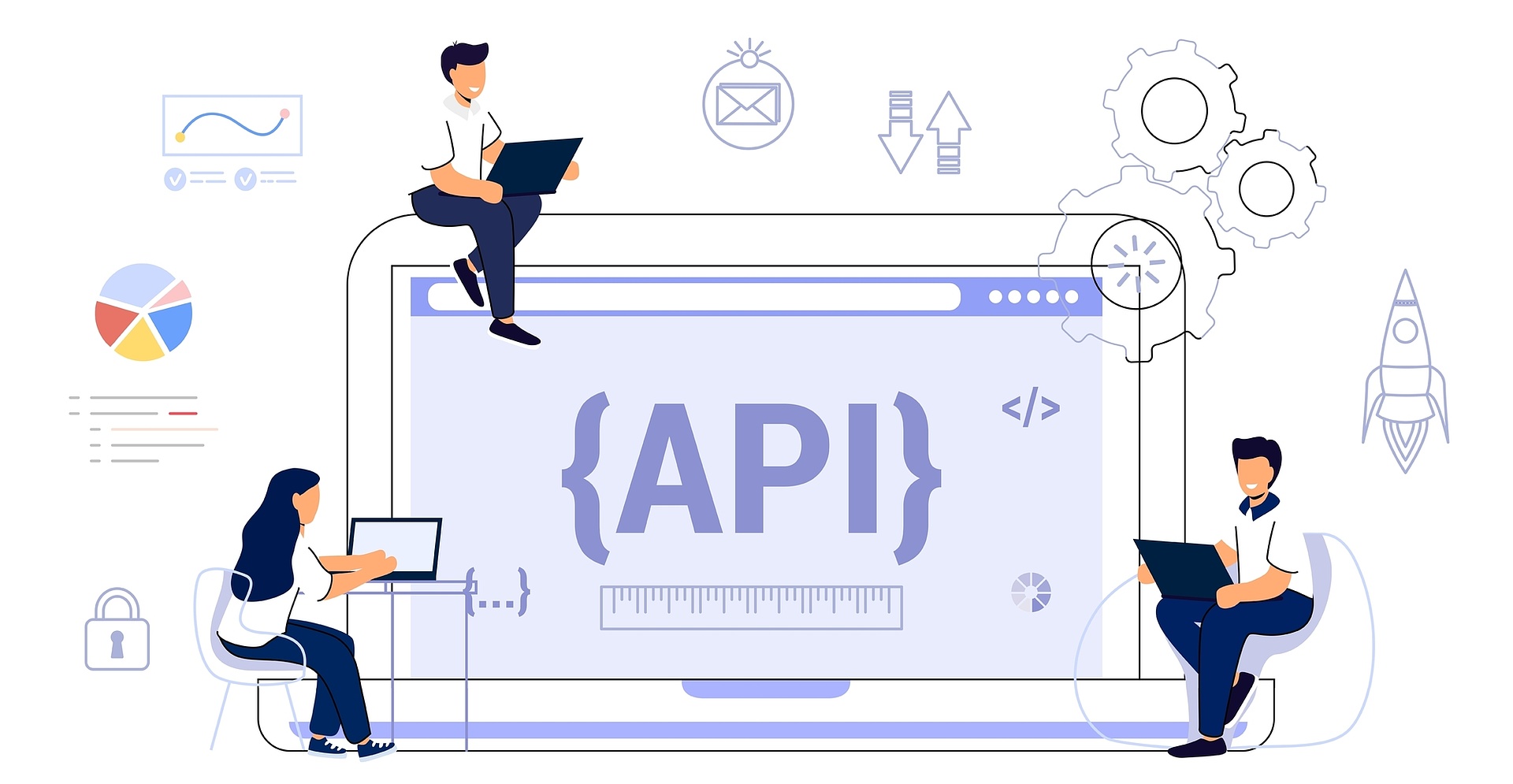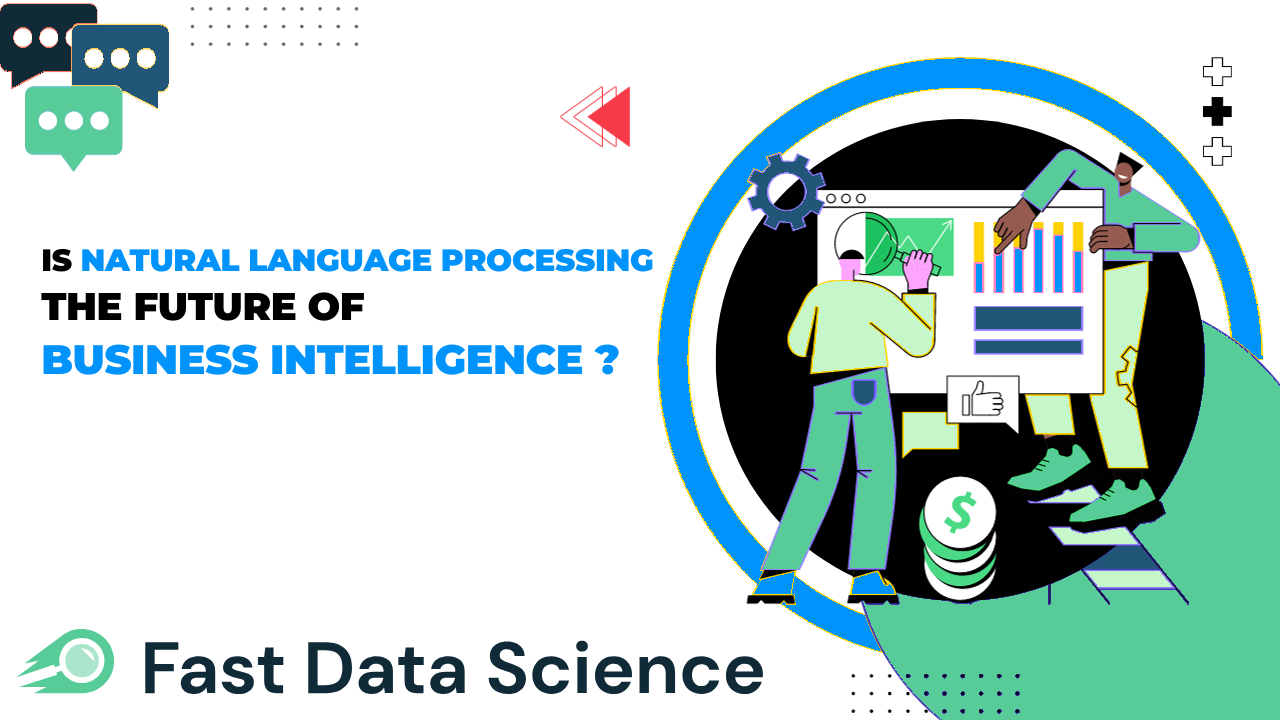
Offshore natural language processing services – Overview Businesses today are facing fierce competition, not just because of the increasingly challenging global economy, but especially because of the rapidly digitising business landscape. This is why ‘offshore natural language processing services’ are now a buzzword in nearly every sector.

The global business landscape is something that rarely stands still. On the contrary, it’s always changing and evolving rapidly, which is why businesses of all scales and practically across every sector are leveraging business intelligence (BI) and big data to outsmart, outpace, and outmanoeuvre the competition.

How can an AI model predict customer churn? Who will stay with your business and who will switch to a competitor? It’s easy to make a basic customer churn model with Python.

Natural language processing (NLP) is no longer a term that makes people shake their heads and go “huh…?” – on the contrary, most businesses are aware of what it is and the powerful applications it offers through its variety of natural language APIs, text analysis APIs, and text processing APIs.

Unstructured Data and Management – Overview To explain it in very generic terms, unstructured data is information which is not organised or immediately interpretable. It’s often text-based, although it can include images, numbers, dates, and other details which can be useful to a business, and which can be valuable for AI initiatives in the business.

Guest post by Essa Jabang, who works as a data and engineering consultant in our team at Fast Data Science and also runs his own company Taybull.

Can we detect what is fake news or plagiarised in 59 articles for Der Spiegel by Claas Relotius? We used natural language processing to uncover the clues that pointed to a rogue journalist’s history of submitting fake news

NLP use cases have grown significantly in recent years. From NLP use cases in finance to NLP in healthcare use cases, we explore the various uses for business.
What we can do for you